Definition of Wrongful Death Lawsuits
Wrongful death lawsuits are a critical component of personal injury law, designed to provide a legal remedy for families who have lost a loved one due to the negligence or intentional actions of another party. Unlike other personal injury claims, which are pursued by the injured party themselves, wrongful death claims are filed by the survivors or representatives of the deceased. The primary goal of these lawsuits is to seek compensation for the financial and emotional losses suffered by the family, as well as to hold the responsible parties accountable for their actions. This legal avenue ensures that families can obtain justice and financial support to help them cope with their loss, covering expenses such as funeral costs, lost income, and loss of companionship.
Common Causes of Wrongful Death
Wrongful death claims can arise from a variety of unfortunate circumstances, with some of the most common causes including medical malpractice, car accidents, workplace accidents, and defective products. Medical malpractice, for instance, occurs when healthcare professionals fail to provide the standard of care expected, leading to fatal outcomes for patients. Car accidents, often resulting from reckless driving or DUI, are another prevalent cause, claiming thousands of lives annually. Workplace accidents, particularly in high-risk industries like construction, also contribute significantly to wrongful death statistics. Additionally, defective products, ranging from faulty machinery to unsafe pharmaceuticals, can lead to tragic fatalities. Understanding these common causes helps highlight the importance of safety regulations and the need for vigilance in preventing such incidents.
Legal Framework and Jurisdiction
The legal framework governing wrongful death lawsuits varies significantly across different states, making it essential for families to understand the specific laws applicable in their jurisdiction. Each state has its own statutes that define who can file a wrongful death claim, the types of damages that can be sought, and the time limits for filing, known as statutes of limitations. These time limits are crucial, as failing to file within the designated period can result in the loss of the right to pursue legal action. Jurisdiction also plays a critical role, as it determines which court has the authority to hear the case. Understanding these legal nuances is vital for families seeking justice, as it ensures that they navigate the legal process effectively and within the required timelines.
Immediate Family Members
In most jurisdictions, immediate family members such as spouses, children, and parents are typically the first individuals eligible to file a wrongful death lawsuit. These family members are often considered the primary beneficiaries due to their close relationship with the deceased and the direct impact of the loss on their lives. However, state laws can vary in terms of who is recognized as an immediate family member, with some states including adopted children and stepchildren, while others may have more restrictive definitions. Understanding these nuances is crucial for families, as it ensures that those most affected by the loss have the opportunity to seek compensation and justice for their loved one.
Extended Family and Financial Dependents
While immediate family members are usually the primary claimants, there are circumstances where extended family members and financial dependents may also have standing to file a wrongful death lawsuit. For instance, siblings, grandparents, or other relatives who were financially dependent on the deceased may be eligible to pursue a claim in certain states. Additionally, financial dependents who relied on the deceased for support, such as unmarried partners or stepchildren, may also be considered eligible claimants. These cases often require a thorough examination of the deceased's financial responsibilities and the impact of their loss on the claimant's life. Legal guidance is essential in these situations to navigate the complexities of eligibility and ensure that all entitled parties are recognized.
Representatives of the Estate
In many wrongful death cases, representatives of the deceased's estate, such as executors or administrators, play a crucial role in filing the lawsuit. These representatives are responsible for managing the deceased's estate and ensuring that any compensation awarded is distributed according to the law and the deceased's wishes. Their responsibilities include gathering evidence, coordinating with legal counsel, and representing the estate's interests throughout the legal process. However, their role also comes with limitations, as they must act in accordance with the law and the best interests of the beneficiaries. Understanding the responsibilities and limitations of estate representatives is vital for families, as it ensures that the legal process is handled efficiently and effectively.
Filing the Lawsuit
Filing a wrongful death lawsuit involves several critical steps, beginning with the collection of evidence and documentation to support the claim. This process includes gathering medical records, accident reports, witness statements, and any other relevant information that can help establish the circumstances surrounding the death. Once the necessary evidence is compiled, the next step is to submit the legal paperwork to the appropriate court, initiating the lawsuit. Given the complexity of wrongful death cases, legal representation is highly recommended to navigate the intricacies of the legal system and ensure that all procedural requirements are met. An experienced attorney can provide invaluable guidance, helping families build a strong case and maximize their chances of obtaining a favorable outcome.
Proving Negligence or Intent
A crucial aspect of wrongful death lawsuits is proving negligence or intent on the part of the defendant. This requires demonstrating that the defendant's actions or omissions directly caused the death of the deceased and that they failed to exercise reasonable care or acted with malicious intent. To establish negligence or intent, various types of evidence may be required, including expert testimony from medical professionals, accident reconstruction specialists, or other relevant experts. This evidence helps to substantiate the claim and provide a clear picture of the events leading to the wrongful death. Successfully proving negligence or intent is essential for securing compensation and holding the responsible parties accountable for their actions.
Potential Challenges and Defenses
Wrongful death lawsuits can present several challenges, with one of the most common being the difficulty in proving causation. Establishing a direct link between the defendant's actions and the death can be complex, particularly in cases involving multiple factors or parties. Additionally, defendants may raise various defenses to counter the claim, such as contributory negligence, where they argue that the deceased's actions contributed to their own death. Overcoming these challenges requires a thorough understanding of the legal principles involved and the ability to present compelling evidence that supports the claim. Legal expertise is crucial in navigating these obstacles and ensuring that families have the best chance of achieving a successful outcome.
Types of Damages Available
In wrongful death lawsuits, families can seek various types of damages to compensate for their loss, including both economic and non-economic damages. Economic damages are quantifiable financial losses, such as lost wages, medical expenses incurred before the death, and funeral costs. These damages aim to alleviate the financial burden on the family and provide support for their future needs. Non-economic damages, on the other hand, address the intangible aspects of the loss, such as pain and suffering, loss of companionship, and emotional distress. While these damages are more challenging to quantify, they are equally important in recognizing the profound impact of the loss on the family's well-being.
Factors Influencing Compensation
Several factors can influence the amount of compensation awarded in a wrongful death lawsuit, including the deceased's age, earning potential, and the circumstances of their death. Younger individuals with significant earning potential may result in higher compensation due to the projected loss of future income. Similarly, the circumstances of the death, such as the degree of negligence involved or the severity of the incident, can also impact the compensation amount. Additionally, the relationship between the deceased and the claimants, as well as the emotional and financial impact on the family, are considered when determining the appropriate compensation. Understanding these factors is essential for families, as it helps them set realistic expectations and pursue a fair settlement.
Distribution of Damages
Once compensation is awarded in a wrongful death lawsuit, the distribution of damages among eligible family members and the estate can be a complex process. The allocation of damages depends on various factors, including the relationship of the claimants to the deceased and the specific laws of the jurisdiction. In some cases, disputes may arise among family members regarding the distribution of damages, necessitating legal intervention to reach a resolution. It is essential for families to have a clear understanding of the distribution process and to work closely with legal counsel to ensure that all parties receive their fair share. This approach helps prevent conflicts and ensures that the compensation serves its intended purpose of providing support and justice for the family.
Choosing the Right Attorney
Selecting the right attorney is a crucial step in pursuing a wrongful death lawsuit, as their expertise and guidance can significantly impact the outcome of the case. When choosing an attorney, families should prioritize experience, reputation, and communication skills. An attorney with a proven track record in handling wrongful death cases will have the knowledge and resources necessary to build a strong case and navigate the legal complexities involved. Additionally, effective communication is essential, as it ensures that families are kept informed throughout the process and that their concerns are addressed promptly. By choosing a qualified attorney, families can feel confident in their pursuit of justice and focus on healing from their loss.
Emotional and Financial Considerations
Pursuing a wrongful death lawsuit can be an emotionally and financially challenging process for families, requiring careful consideration and planning. The emotional toll of reliving the circumstances of the death and navigating the legal process can be overwhelming, making it essential for families to seek support from counseling services or support groups. Financially, families should consider the potential costs involved in pursuing a lawsuit, including legal fees and other expenses. Financial planning and budgeting can help families manage these costs and ensure that they are prepared for the financial implications of the legal process. By addressing these considerations, families can approach the lawsuit with a clear understanding of the challenges involved and take steps to mitigate their impact.
Future Legal and Legislative Changes
As wrongful death laws continue to evolve, it is important for families to stay informed about potential legal and legislative changes that may impact their eligibility and compensation. Changes in state laws or legal precedents can affect the types of damages available, the statute of limitations, or the eligibility of certain claimants. Staying informed about these developments can help families make informed decisions and ensure that they are pursuing their claims in accordance with the latest legal standards. By working closely with legal counsel and staying up-to-date on relevant changes, families can navigate the legal process effectively and maximize their chances of achieving a favorable outcome.
Van Sant Law Is Here for You During Your Time of Need
If you or a loved one are considering a wrongful death lawsuit, Van Sant Law, LLC is here to provide the support and expertise you need. Our experienced attorneys are dedicated to helping families navigate the complexities of wrongful death claims and achieve the justice they deserve. Contact us today to learn more about how we can assist you in your pursuit of justice and compensation.
Van Sant Law is available by phone at (800) 234-9556 or you can always contact us online.





.2410171551550.png)
